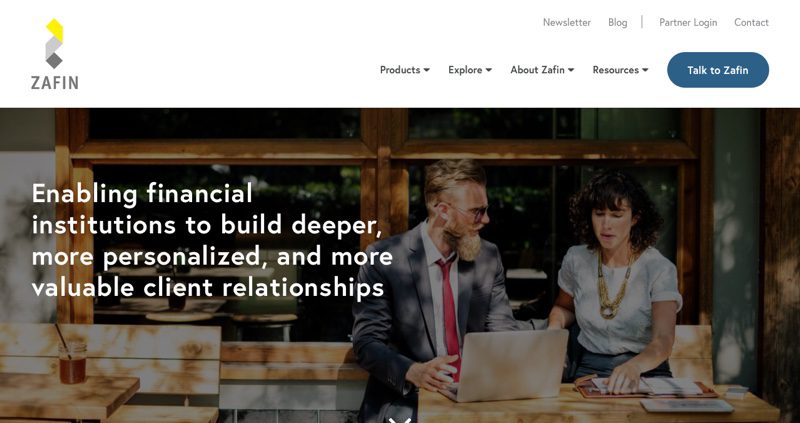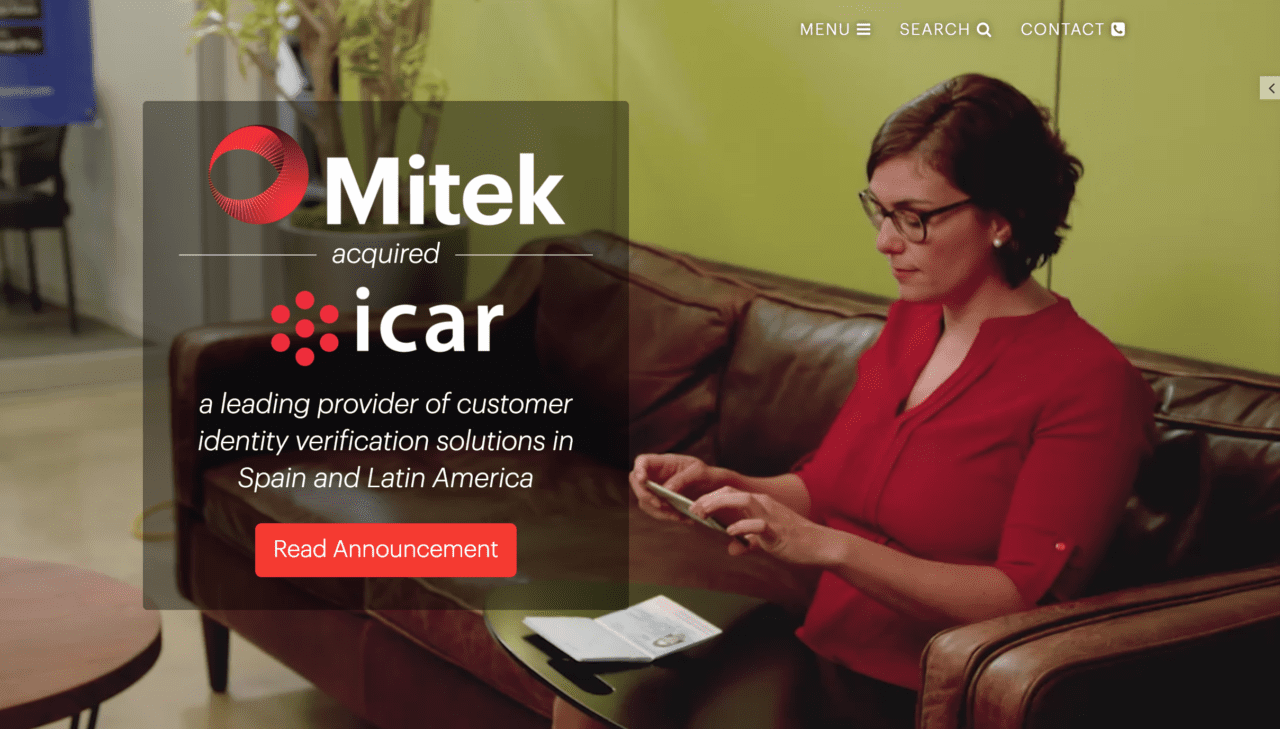One way to make a smart contract even smarter is to enhance document access and security. Digital currency exchange platform AlphaPoint has achieved that with today’s partnership with Intel. The two have teamed up to launch TrustedVM, a solution for secure smart contracts that enhances AlphaPoint’s Asset Digitization solution.
 TrustedVM leverages Intel’s Software Guard Extensions (SGX) technology to enable smart contracts and any set or subset of blockchain data to remain confidential. The data is protected against access by intermediaries and network participants to boost the security of AlphaPoint’s Distributed Ledger Platform (ADLP).
TrustedVM leverages Intel’s Software Guard Extensions (SGX) technology to enable smart contracts and any set or subset of blockchain data to remain confidential. The data is protected against access by intermediaries and network participants to boost the security of AlphaPoint’s Distributed Ledger Platform (ADLP).
“Our collaboration with AlphaPoint aims to deliver enterprise-ready blockchain solutions to the financial services community,” said Rick Echevarria, Vice President of Software and Services Group and General Manager of the Platforms Security Division at Intel. “AlphaPoint is expanding blockchain use cases to include illiquid assets; art, collectibles, and real estate, and [the] use of Intel SGX will help increase the security and privacy of those transactions.”
AlphaPoint’s President and COO Igor Telyatnikov noted that the company’s customers seek the benefits of the blockchain but don’t want the security and privacy issues that typically come with existing blockchain solutions. Since smart contracts execute inside TrustedVM, the hardware layer ensures that unpermissioned parties never have access to the data.
Founded in 2013, AlphaPoint powers digital asset networks and maintains the AlphaPoint Distributed Ledger Platform (ADLP), the platform on which the asset issuance and custody solution is based. The ADLP interoperates with more than 20 ledger technologies. Earlier this year, the company launched a crowdfunding capability on the ADLP, which enables users to host ICOs. The ICOs issue newly created digital assets on the exchange, which is hosted on AlphaPoint’s infrastructure.
At FinovateFall 2017, the company showcased the ADLP Reconciliation Platform, which combines blockchain-based asymmetric access controls and machine-enforced domain compliance for order management and other activities. The Reconciliation Platform reduces time and cost associated with manual, post-trade reconciliation processes. The company was recently selected by Capital Trust Group and W Ventures to create a blockchain infrastructure for Trust City. AlphaPoint is headquartered in New York, has raised $3 million, and has 30 employees.

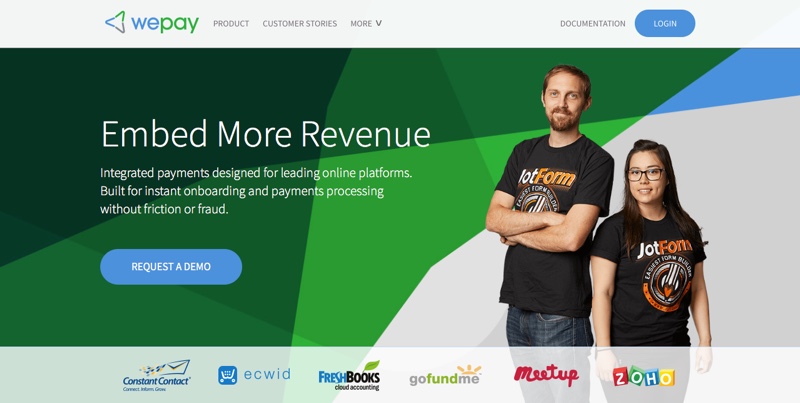
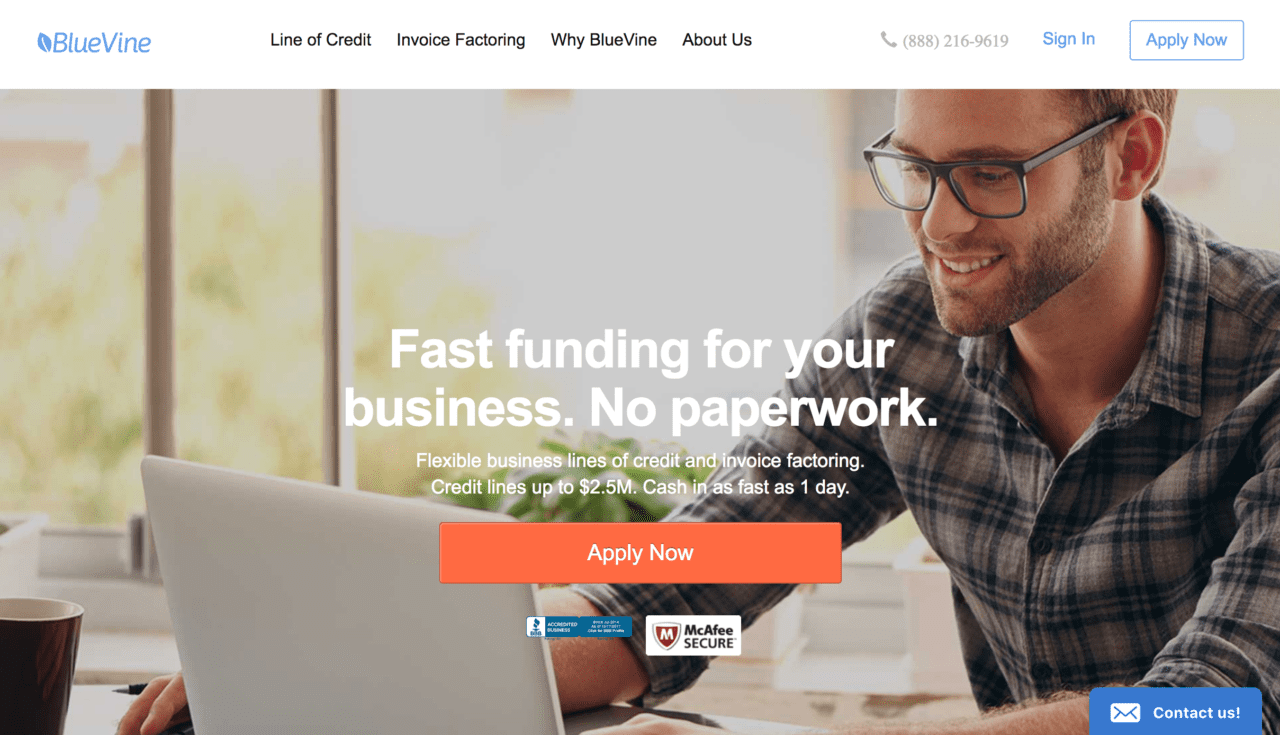
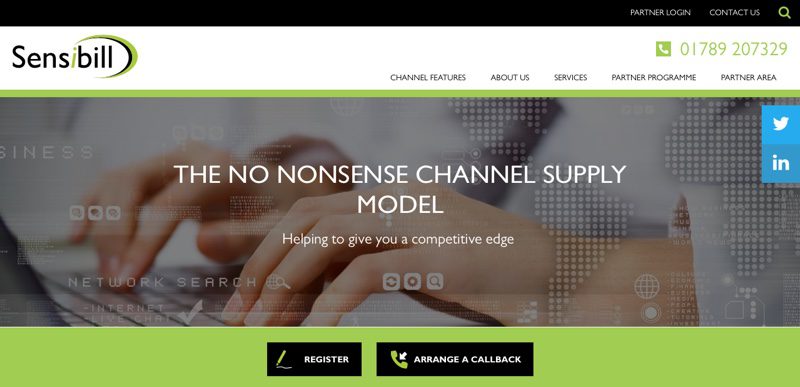






 Presenters
Presenters David Sung, Technical Manager
David Sung, Technical Manager
 Presenters
Presenters Aananth Solaiyappan, CTO
Aananth Solaiyappan, CTO